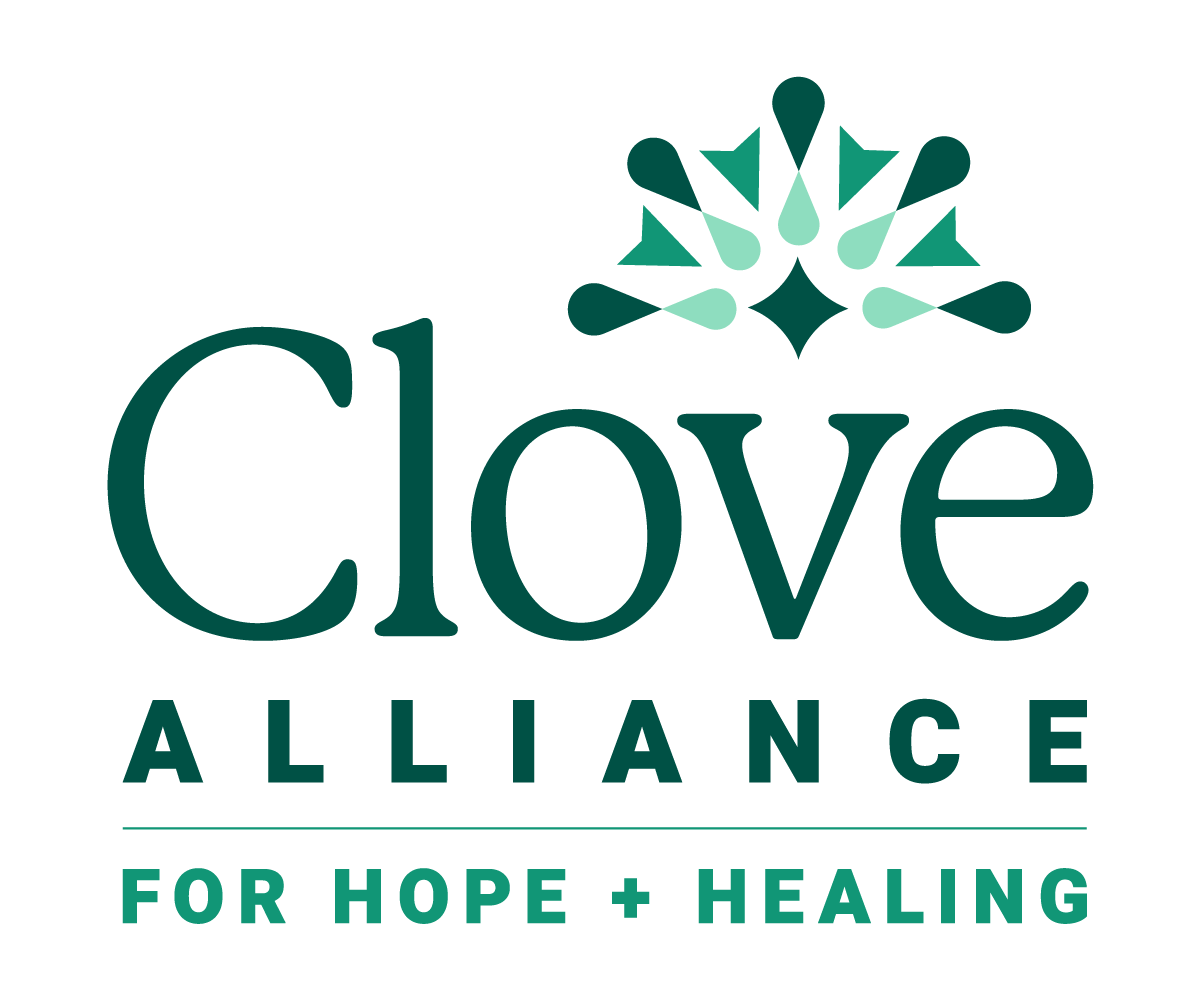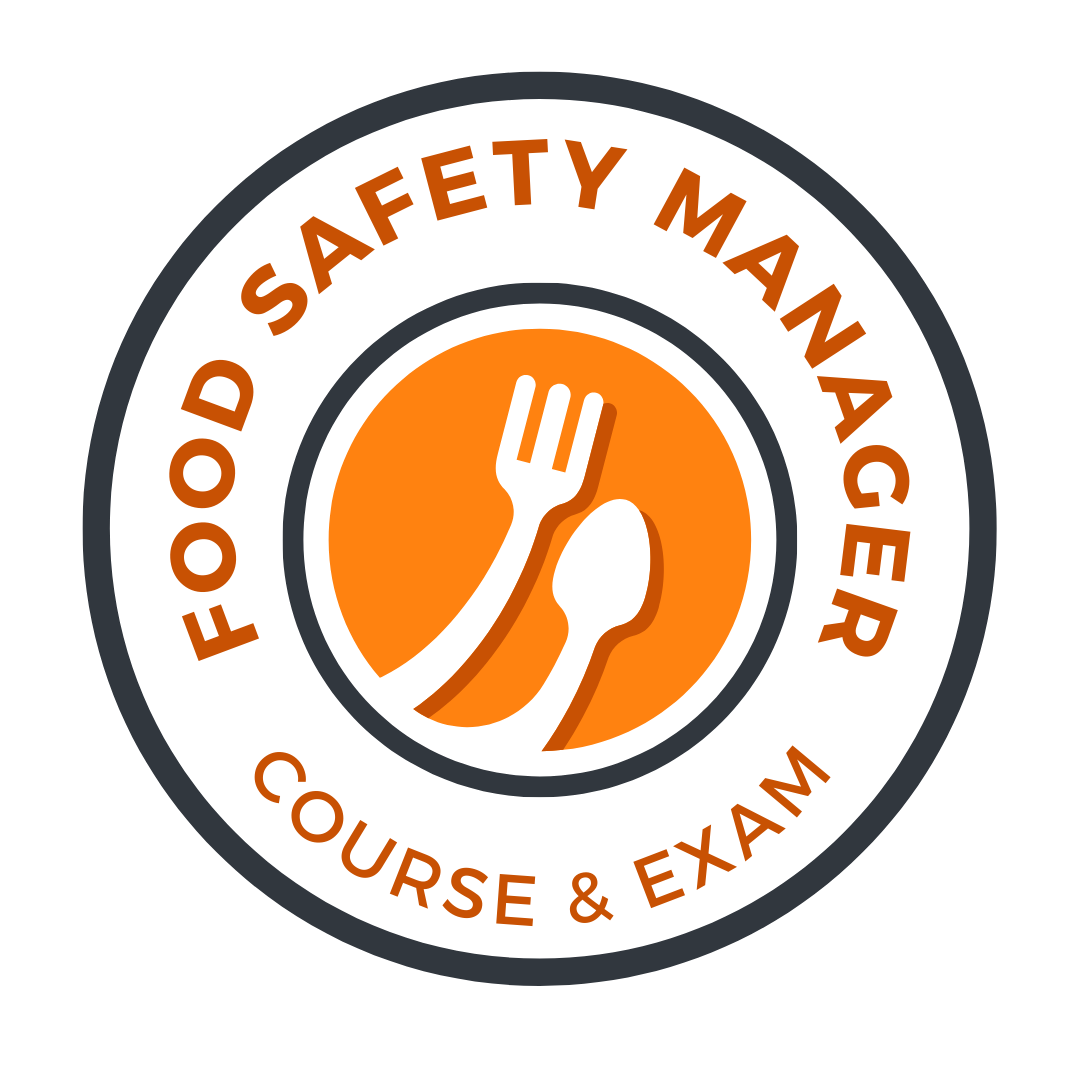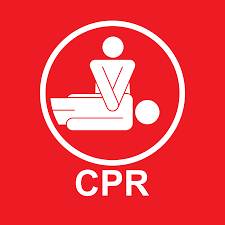|
|
Love Shouldn't Hurt is a three-hour, interactive professional training that builds awareness and practical skills for recognizing and responding to teen dating violence. Participants examine the dynamics of physical, emotional, sexual, and digital abuse within adolescent relationships, with attention to power and control, developmental factors, peer influence, culture, and technology. Through a trauma-informed, youth-centered approach and the immersive Their Story: Teen Dating Violence scenario-based experience, the course strengthens participants' ability to respond to disclosures, navigate ethical and reporting responsibilities, and connect teens to supportive resources-prioritizing safety, empowerment, and effective adult intervention.
|
This training introduces participants to Microsoft Copilot, an AI-powered assistant integrated into Microsoft 365 applications such as Word, Excel, Outlook, and Teams. Copilot helps streamline workflows by drafting content, summarizing information, analyzing data, and generating creative ideas.Through live demonstrations, real-world use cases, and guided practice, participants will learn how to leverage Copilot to enhance productivity, improve communication, and make data-driven decisions. The session also covers best practices for responsible AI use, including data security and accuracy checks.
|
|
Illinois regulations require food establishments to have at least one certified food protection manager (CFPM) on staff. This course uses the ServSafe program developed by the National Restaurant Association.
|
Las regulaciones de Illinois requieren que los establecimientos de alimentos tengan al menos un gerente de protección de alimentos certificado (CFPM) en su personal. Este curso, impartido en español, utiliza el examen ServSafe, que está aprobado por la Asociación Nacional de Restaurantes y acreditado por el Instituto Nacional Estadounidense de Estándares.
|
|
Learn to recognize several life-threatening emergencies, give high-quality chest compressions, deliver appropriate ventilations, and provide early use of an AED. This course provides the information, training, demonstration and practice necessary to pass the CPR Health Care Provider.
|
Every child has a voice, some just speak it differently. The Silent Strengths: Rethinking Assessment for Every Child is an engaging professional development session that invites early childhood educators to look beyond traditional measures of communication and discover new ways to understand children with diverse abilities. Through interactive discussions, and hands-on strategies, educators will gain practical tools.
|
|
This is a hands-on professional development session for early childhood educators. Participants will explore practical strategies, including the use of task boxes and hands-on activities, to support children with diverse learning needs. The session will provide tools for promoting engagement, independence, and skill-building, while fostering an inclusive classroom that supports social-emotional, cognitive, and sensory development.
|
Every child experiences the world through their senses-but for some, those sensations can be overwhelming or underwhelming. This training helps educators and caregivers understand how sensory processing impacts behavior, learning, and emotional regulation. Participants will gain practical strategies to identify sensory needs, adapt environments, and support children in feeling calm, focused, and successful throughout the day.
|
|
Now in its second year, the Safe Futures: Strengthening Our Response to Childhood Trauma Conference, hosted by Harbor House and sponsored by the American Foundation for Suicide Prevention, continues its commitment to advancing professional responses to childhood trauma. This free, two-day conference brings together experts, educators, and advocates to share evidence-based practices and practical strategies that strengthen our collective ability to support children and families impacted by trauma.
|
|





 Cart (0)
Cart (0)
